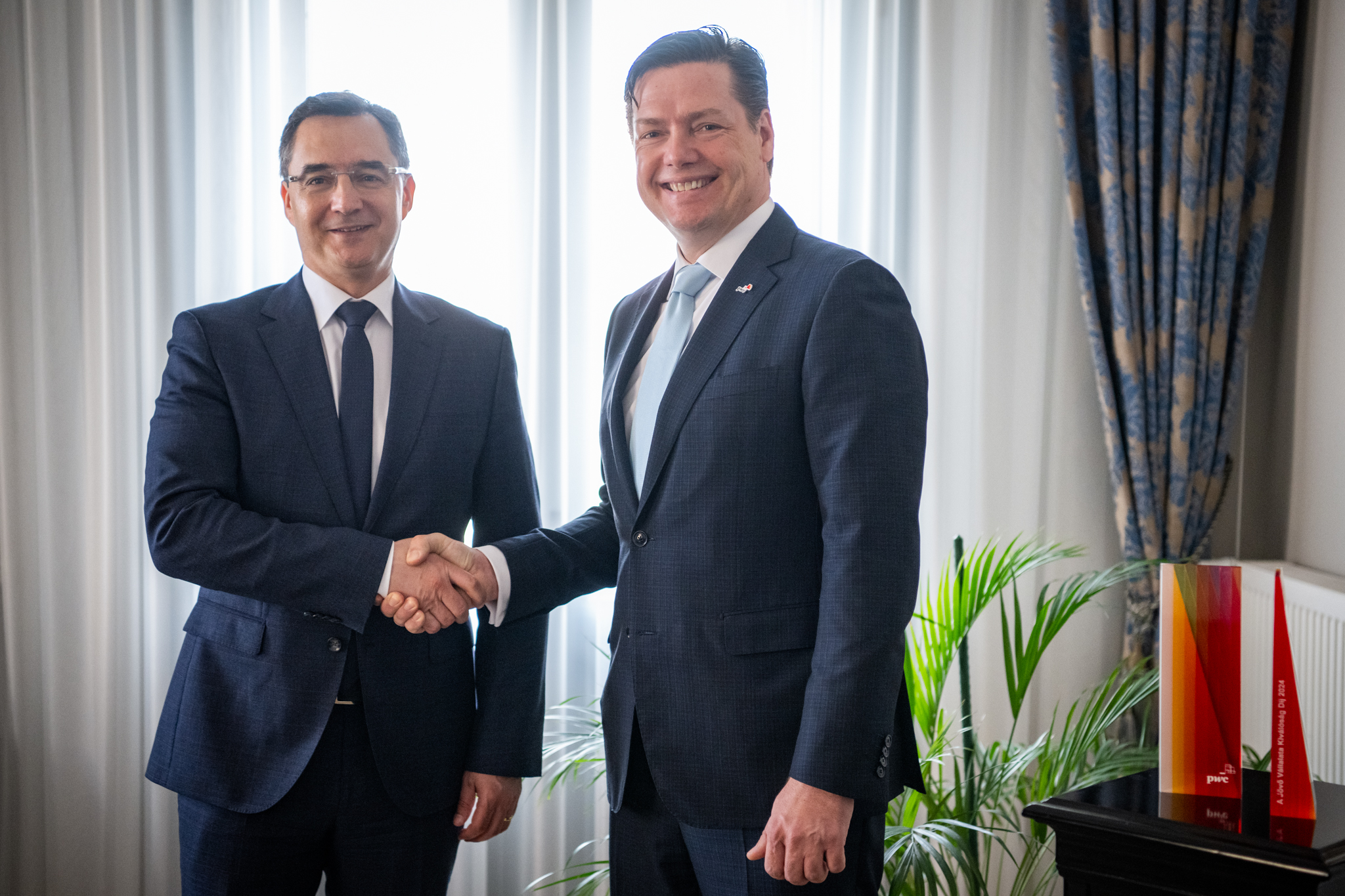French-Hungarian business relations on the rise again

France has been an important economic partner of Hungary for more than 20 years: according to the latest statistics, it is fourth on the list of most important foreign investors. French companies work mainly in energy, pharmaceuticals, tourism, retail sales, the agri-food industry and public utilities.
Bi-lateral relations between France and Hungary have been more or less restrained through the centuries. The revolution of 1848 brought the two countries closer through French assistance in taking in Hungarian refugees – amongst them Prime Minister Lajos Kossuth – after the defeat to the Russians. However, the Treaty of Trianon at the end of World War I, according to which Hungary lost two-thirds of its area and a third of its population, caused permanent and – for many – still painful scars.
After 70 years of relatively frozen silence in relations, cooperation between the two countries received a new boost in 1990 after the fall of the iron curtain. To help improve relations, an annual cooperation budget was created, and the Institut Francais built, inaugurated by the then President of Hungary Árpád Göncz in the spring of 1992. A new French High School opened in Budapest, and five rural Alliance française organizations were added to the international network.
Every year, more than 50,000 Hungarians learn French, the third most popular language after English and German; some 30,000 choose French as a second language. The 11 French-Hungarian bilingual schools in Hungary educate more than 1,000 teenagers. Each year, 130 middlers (third-year students) and young researchers receive scholarships in France. An integrated action plan (BALATON) allows for more than 10 scientific groups from the two countries to do research together each year, resulting in joint publications and industrial developments.
French customs statistics show that Hungary is responsible for 0.68% of total French exports and 0.71% of imports. In 2010, Hungary was the 30th largest buyer from, and the 26th supplier to, France. In 2010, French exports to Hungary were boosted by an exceptional 14.2% to €2.6 billion. Imports from Hungary grew at a slightly lower pace, at 9.9%, to €3.1 billion. Thus the trade deficit from the French point of view was €560 million at the end of 2010, down from €600 million in 2009.
The effects of the crisis put severe pressure on commercial relations, but some improvement could be observed from the second half of 2009, promoting growth and a positive impact on the results of coming years.
The most important French-related business events in 2011:
A new cement plant opened in Királyegyháza in the autumn of 2011, in which the French company Lafarge has a 70% stake; under a G3 project started in 2009, a new ultra-modern block of the GDF Suez Group-owned power plant Dunamenti Erőmű opened in Százhalombatta; the Decathlon sports store chain, which has been on the Hungarian market for six years, continued to expand in Debrecen; ·newly arrived French fashion brand Camaïeu opened eight stores; Normandy-born Anthony Lecaudé opened his bakery and confectionery A table in Budapest in September 2011; the Chez les Français délicatesse opened its doors on October 15, 2011 in Városmajor utca in Budapest.
The French-Hungarian Chamber of Commerce and Industry (CCIFH) had 212 members in 2011. Amongst them, partially or totally French-owned companies had a revenue of €9.27 billion, which represents 79.3% of all the revenue of French companies in Hungary. These companies employed 39,762 employees, or 75.9% of the total “French” staff numbers in Hungary.
According to a survey made by the CCIFH in 2010, the 291 companies identified and interviewed had a total revenue of €11.7 billion (HUF 3.2 billion). These companies employed 52,346 people. The data showed that the long-term investments of French businesses are between €300 and €700 million annually. French companies significantly contribute to the successful operation of the Hungarian economy and thus to the economic development of the country. The Economic Department of the French Embassy in Hungary estimates that direct investments from France are in the range of €10 -15 billion.
Overall, the environment and energy sectors achieved the highest sales in 2010, while the consumer goods and trade sectors employed the most workers.
SUPPORT THE BUDAPEST BUSINESS JOURNAL
Producing journalism that is worthy of the name is a costly business. For 27 years, the publishers, editors and reporters of the Budapest Business Journal have striven to bring you business news that works, information that you can trust, that is factual, accurate and presented without fear or favor.
Newspaper organizations across the globe have struggled to find a business model that allows them to continue to excel, without compromising their ability to perform. Most recently, some have experimented with the idea of involving their most important stakeholders, their readers.
We would like to offer that same opportunity to our readers. We would like to invite you to help us deliver the quality business journalism you require. Hit our Support the BBJ button and you can choose the how much and how often you send us your contributions.








